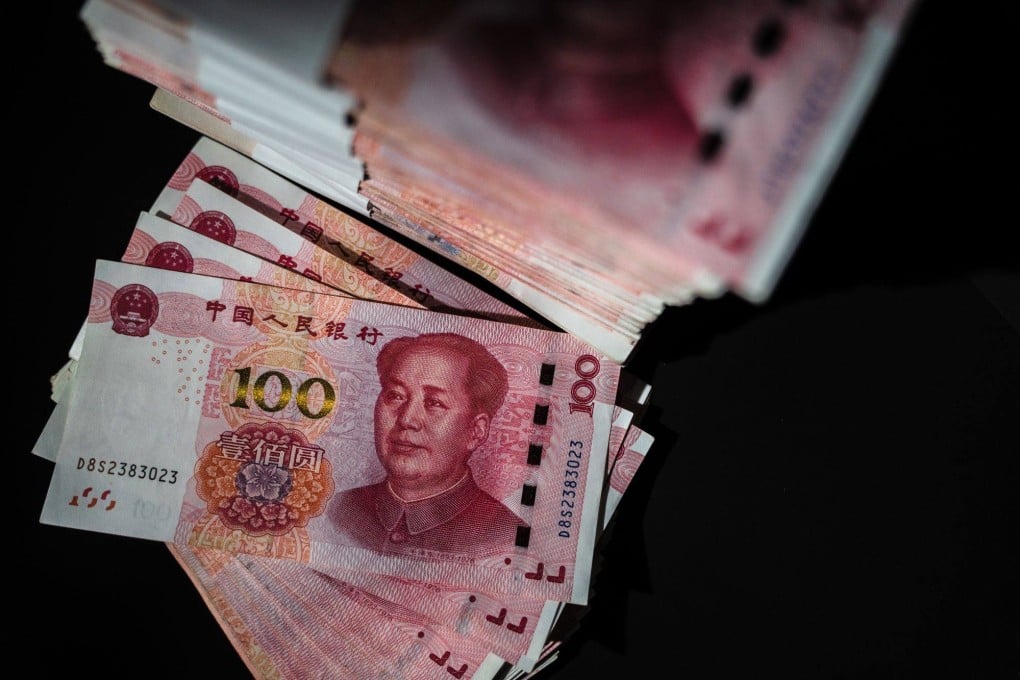China’s local governments step up plans to issue refinancing bonds to tackle LGFV debt
- Provincial and municipal governments are issuing refinancing bonds to service outstanding liabilities associated with US$9 trillion of ‘hidden’ debt
- At least six local governments said they plan to issue refinancing bonds totalling some 320 billion yuan to swap the off-balance sheet debt concentrated in LGFVs

China’s local governments are gearing up to issue refinancing bonds to service outstanding liabilities associated with US$9 trillion of “hidden” debt amid efforts by Beijing to defuse risks in its slowing economy.
So far this week, at least six local governments – Inner Mongolia, Tianjin, Liaoning, Chongqing, Yunnan and Guangxi – have announced plans to issue refinancing bonds totalling some 320 billion yuan to swap the off-balance-sheet debt concentrated in local government financing vehicles (LGFVs), used mainly to fund infrastructure and social welfare projects.
Authorities in the northeastern province of Liaoning said they would issue refinancing bonds totalling 87 billion yuan on Thursday to repay outstanding debt. Yunnan, Guangxi, Chongqing and Tianjin said they would also issue bonds under the same category worth 53.3 billion yuan, 49.8 billion yuan, 42.2 billion yuan and 21 billion yuan, respectively, according to local media. The autonomous region of Inner Mongolia issued 66.3 billion yuan of bonds on Monday.
“[As] local governments have taken a big hit on their revenues due to a slumping property market, the refinancing bonds will provide a short-term solution to cover old debt nearing maturity,” said Kenny Ng, a securities strategist at Everbright Securities International. “This will help local governments relieve their debt burden and boost investor confidence in LGFVs.”

LGFVs were set up by local governments to issue bonds and invest in infrastructure projects to help boost the local economies. Since the projects are expensive and require a long time to complete, the financing vehicles have not been able to generate enough returns to cover their obligations. With local governments facing increasing cash-flow problems because of the crisis in the property sector, the “hidden” debt has ballooned to US$9 trillion and with it the risk of LGFV defaults.